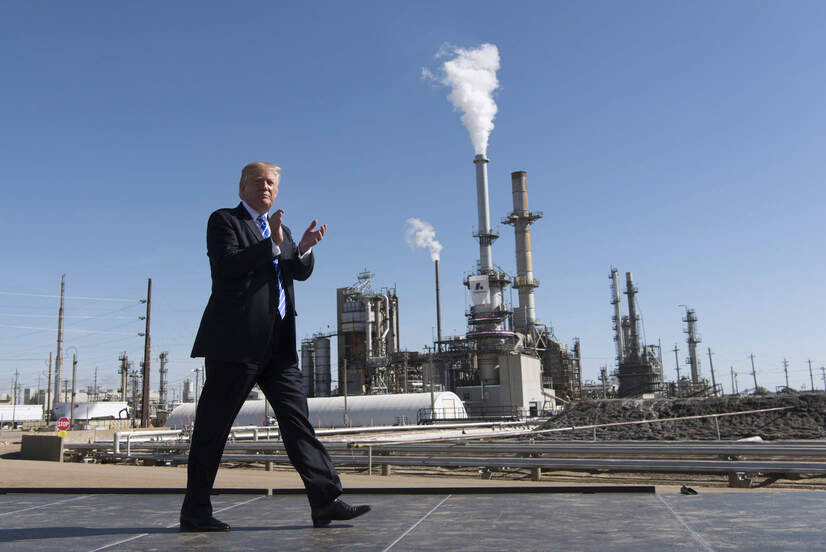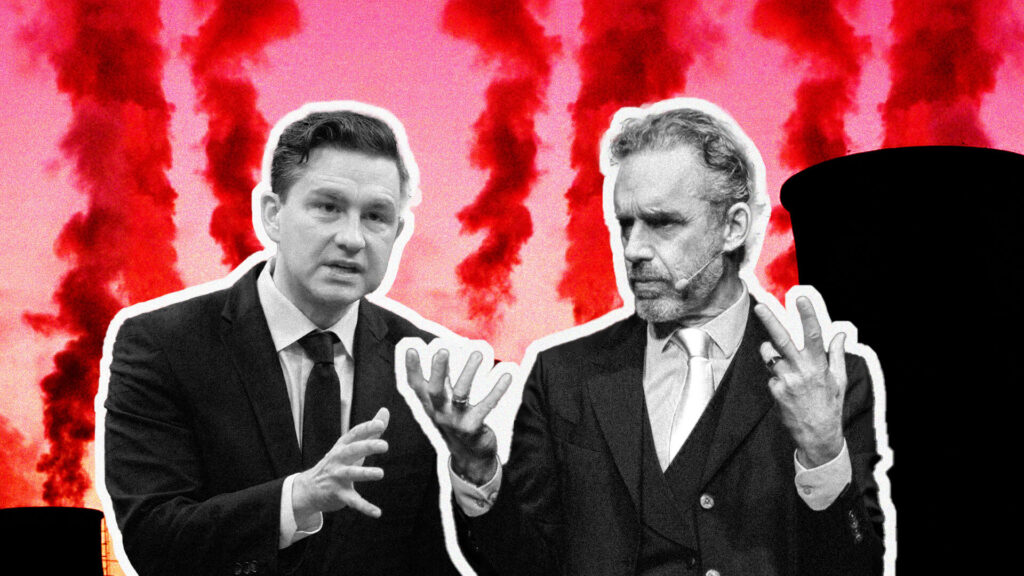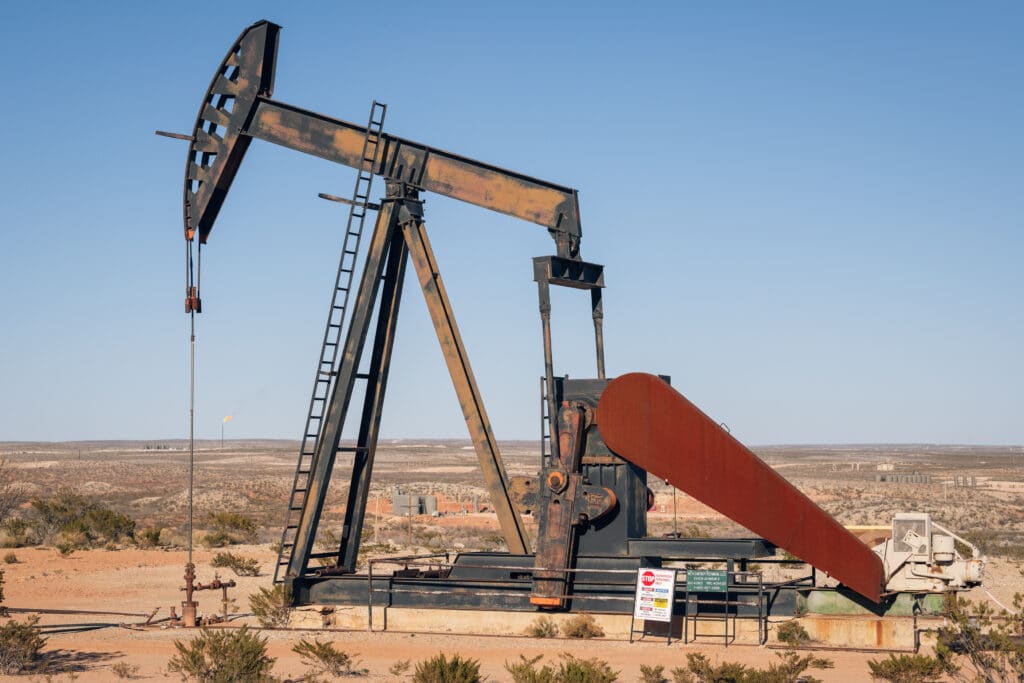The Trump administration today announced the final rule that rolls back Obama-era clean vehicle standards, a move that, according to the government’s own analyses, is expected to benefit the oil industry and harm consumers, public health, and the climate.
Experts also warn it will result in litigation and global market inconsistency to the detriment of automakers.
The Safer Affordable Fuel Efficient (SAFE) Vehicles rule rolls back fuel economy and greenhouse gas emission standards for new cars and light duty trucks in model years 2021 through 2026. Under the standards adopted by the Obama administration in 2012, light-duty vehicles would be required to meet the average fleetwide fuel economy equivalent of 54.5 miles per gallon in model year 2025. Those standards were projected to save roughly 4 billion barrels of oil and cut carbon dioxide emissions by 2 billon metric tons while saving consumers more than $1.7 trillion in fuel costs.
The Trump administration standards require average fuel economy of only about 40 miles per gallon in 2025, with annual increases of 1.5 percent starting in 2021, as opposed to the 5 percent annual increase under the Obama standards. The laxer standards under the SAFE rule are expected to result in over a billion metric tons more climate pollution through 2040.
The move was condemned by former and some current Environmental Protection Agency (EPA) employees.
“The new rule is a reprehensible debacle — our Climate Denier-in-Chief and his EPA and NHTSA political lackeys are massively rolling back our country’s most successful climate program, using the cover of the coronavirus pandemic to hide that they have no defensible rationale and opposition by many automakers,” said Jeff Alson, former EPA senior engineer and policy advisor in the Office of Transportation and Air Quality. “This senseless rollback will lead to a hotter and more dangerous planet for our children and grandchildren, and will take money from the pockets of American families to fatten oil company profits.” Alson has spent the last 10 years of his career working on the clean car standards.
More lies from @EPAAWheeler. The reality is that #CleanerCars standards reduce pollution, save families money, and are the best policy we have on the books to #ActOnClimate. With this rollback, the Trump admin once again proves it’s #StuckInReverse. https://t.co/fcct0hnU8t
— AFGE Local 704 (@704afge) March 31, 2020
The EPA and the National Highway Traffic Safety Administration (NHTSA) have for the past decade jointly set the greenhouse gas emissions and fuel economy standards. The joint national program, first announced by Obama in 2009, came on the heels of the auto industry bailout and was welcomed by automakers.
The national program also aligned with stricter clean vehicle standards sought by California, which has authority under the Clean Air Act to adopt its own vehicle emissions standards.
Now automakers, though they had initially lobbied the Trump administration for weaker standards, could face more uncertainty especially given California’s legal challenge to the federal government’s revocation of its Clean Air Act authority. Several automakers including Ford, Honda, BMW of North America, and Volkswagen Group of America agreed last year to adhere to California’s more stringent vehicle standards, while a coalition of other automakers backed the Trump administration in the lawsuit, thus dividing the auto industry.
The new SAFE rule is expected to draw legal challenges from progressive states and environmental groups, creating further uncertainty for automakers. Experts also warn the rollbacks will disadvantage U.S. automakers competing in the global market as other countries move toward raising fuel economy and slashing climate emissions.
“Globally the goal posts for fuel economy standards and greenhouse gas emissions have moved significantly in the last two years with major markets moving forward as the U.S. is moving backwards,” said Margo Oge, former Director of the EPA Office of Transportation and Air Quality. “The EU, for example, set a new CO2 car standard at 76 [miles per gallon] for 2030 with an aggressive plan to transform the entire auto industry to electric vehicles. And, adding insult to injury, even EPA’s own analysis found that the new rule will result in a loss of thousands of auto industry jobs.”
“The auto sector is already reeling from economic turmoil related to the COVID-19 pandemic, and this rule will lead to prolonged litigation, regulatory uncertainty and economic disarray,” Sen. Tom Carper (D-Del.) told E&E News.
As E&E News reported, a leaked draft of the final rule obtained by Carper’s office reveals flaws in the cost-benefit analysis that the Trump administration failed to correct from an earlier version that leaked in January. Additional costs of the rule include more premature deaths from tailpipe air pollution and more consumer spending on gasoline with vehicles that are less fuel-efficient.
Disastrous for Health and the Climate
Environmental advocates and former EPA officials slammed the Trump administration’s clean car standards rollbacks, noting the adverse impacts they are expected to have on public health at a time when the U.S. is reeling from the coronavirus public health crisis.
“Actions that increase air pollution and costs are dangerous at any time, but taking such action now, when the country’s attention is focused on a pandemic, is unconscionable,” Environmental Defense Fund’s (EDF) Peter Zalzal said in a statement.
“The Trump administration’s rollback condemns Americans to choke on smog and suffer more climate pollution from refineries and tailpipes,” said Maya Golden-Krasner, a Los Angeles-based attorney at the Center for Biological Diversity. “It’s shameful that Trump officials pushed this through during a viral pandemic that preys on people with asthma and other health problems linked to dirty air.”
Lower fuel economy results in greater tailpipe emissions, increasing hazardous air pollutants and planet-warming carbon emissions. One group, the American Council for an Energy Efficient Economy (ACEEE) estimates that the administration’s action will add at least 131 million metric tons of carbon dioxide to the air annually by 2035.
.@EPAAWheeler says that this new rule would save lives, reduce pollution, and would provide significant benefits to the American economy.
In each case, he’s wrong.
We’re prepared to debunk him.#CleanCarStandards #SaveCleanCars https://t.co/zOZbp7bjax
— Xavier Becerra (@AGBecerra) March 31, 2020
“The rollback does not follow what we know from health science; it will instead make air quality worse and threaten the health of our children, the elderly, outdoor workers, and people who suffer from respiratory illnesses and heart disease,” said Trish Koman, PhD, who served as a Senior Environmental Scientist in the EPA Office of Transportation and Air Quality and currently is a researcher at the University of Michigan School of Public Health.
“Let’s be clear because lives are at stake. Over 100,000 people are dying prematurely from air pollution each year in our country and the numbers have been increasing since 2017,” added Mustafa Santiago Ali, vice president for environmental justice at the National Wildlife Federation and former EPA Senior Advisor for Environmental Justice and Community Revitalization. “Poor air quality not only worsens asthma and other respiratory conditions, but also is linked to cardiac harm, cancer, and premature death. Communities of color and lower income communities are literally dying for a breath of clean air and this rule will pump more deadly pollution into their neighborhoods, resulting in an increase in chronic disease and making our most vulnerable more susceptible to viruses like COVID-19.”
Under the new SAFE rule, analyses show the lower fuel economy standards would result in an additional 1.5 billion metric tons of carbon dioxide emissions by 2040. That is roughly equivalent to the emissions from 68 coal plants operating for five years, according to EDF. ACEEE estimates the rollbacks’ impact will be equivalent to adding nearly 29 million cars to the roads.
“This is a major setback in addressing climate change, and that’s something we can’t afford,” said ACEEE senior fellow Therese Langer.
Boost for Big Oil
Despite the Trump administration’s claims that the rollbacks benefit American families and consumers, the ultimate beneficiary is the oil industry that profits from higher fuel consumption from less efficient vehicles.
“By hitting the brakes on corporate average fuel economy (CAFE) and greenhouse gas emissions standards, the administration will cause the owner of an average model year 2025 vehicle to fill up the gas tank 62 more times over the life of the vehicle,” ACEEE said in a press release.
According to EDF’s analysis, by 2040 the rollbacks will result in 142 billion more gallons of fuel used, and $244 billion more in consumer spending at the gas pump.
The Admin’s own analysis shows that repealing the Clean Car Standards will cost consumers on average more in additional fuel costs than in upfront vehicle price savings. pic.twitter.com/2FYcoqhQjC
— Avi Zevin (@azevin) March 31, 2020
That directly boosts the revenues of the oil companies.
A New York Times investigation in December 2018 revealed the behind-the-scenes influence of oil company Marathon Petroleum and major petroleum industry trade association American Fuel and Petrochemical Manufacturers (AFPM) in pushing for weaker clean car standards. AFPM, whose members include industry titans like ExxonMobil and Chevron, has been a leading proponent of lowering the standards.
AFPM did not immediately respond to a request for comment, but the group praised the Trump administration’s initial proposal to revise the standards in 2018.
The American Energy Alliance (AEA), a fossil fuel industry front group that has been a major recipient of AFPM cash, also advocated for the rollbacks and celebrated the announcement Tuesday of the final rule. “This is a win all around,” AEA president Thomas Pyle, a former lobbyist for Koch Industries, said in a statement. He added that AEA would prefer the CAFÉ program be eliminated entirely.
Competitive Enterprise Institute, which has downplayed the climate crisis and has received $2.1 million in funding from ExxonMobil since 1997, also applauded the new SAFE rule while echoing its preference for even further deregulation.
During a House Oversight Committee hearing last fall on the oil industry’s influence on the clean car standards rollback, a Republican committee member inadvertently referenced the oil industry in defending an unsuccessful attempt by him and his GOP colleagues to adjourn the hearing. That initial inclination to bring up the oil industry, as DeSmog previously reported, “set the stage for witnesses to reveal who really benefits.”
In response to the announcement finalizing the SAFE rule, former EPA administrator under Obama and current president of the Natural Resources Defense Council Gina McCarthy said crippling the clean car standards “makes no sense” and only benefits the oil companies.
“It will harm the air we breathe, stall progress in fighting the climate crisis, and increase the cost of driving,” she said. “The only winner from this action is the oil industry, which wants us stuck driving dirty gas guzzlers as long as possible.”
Main image: President Trump in front of a gasoline refinery in Mandan, North Dakota. Credit: Official White House Photo by D. Myles Cullen, public domain
Subscribe to our newsletter
Stay up to date with DeSmog news and alerts







